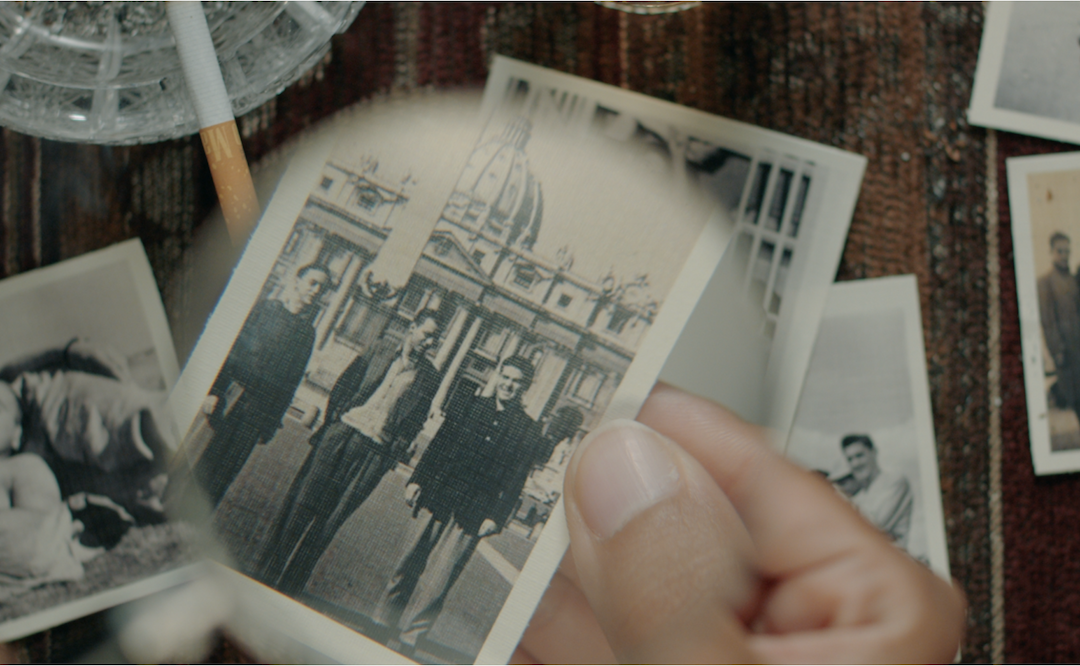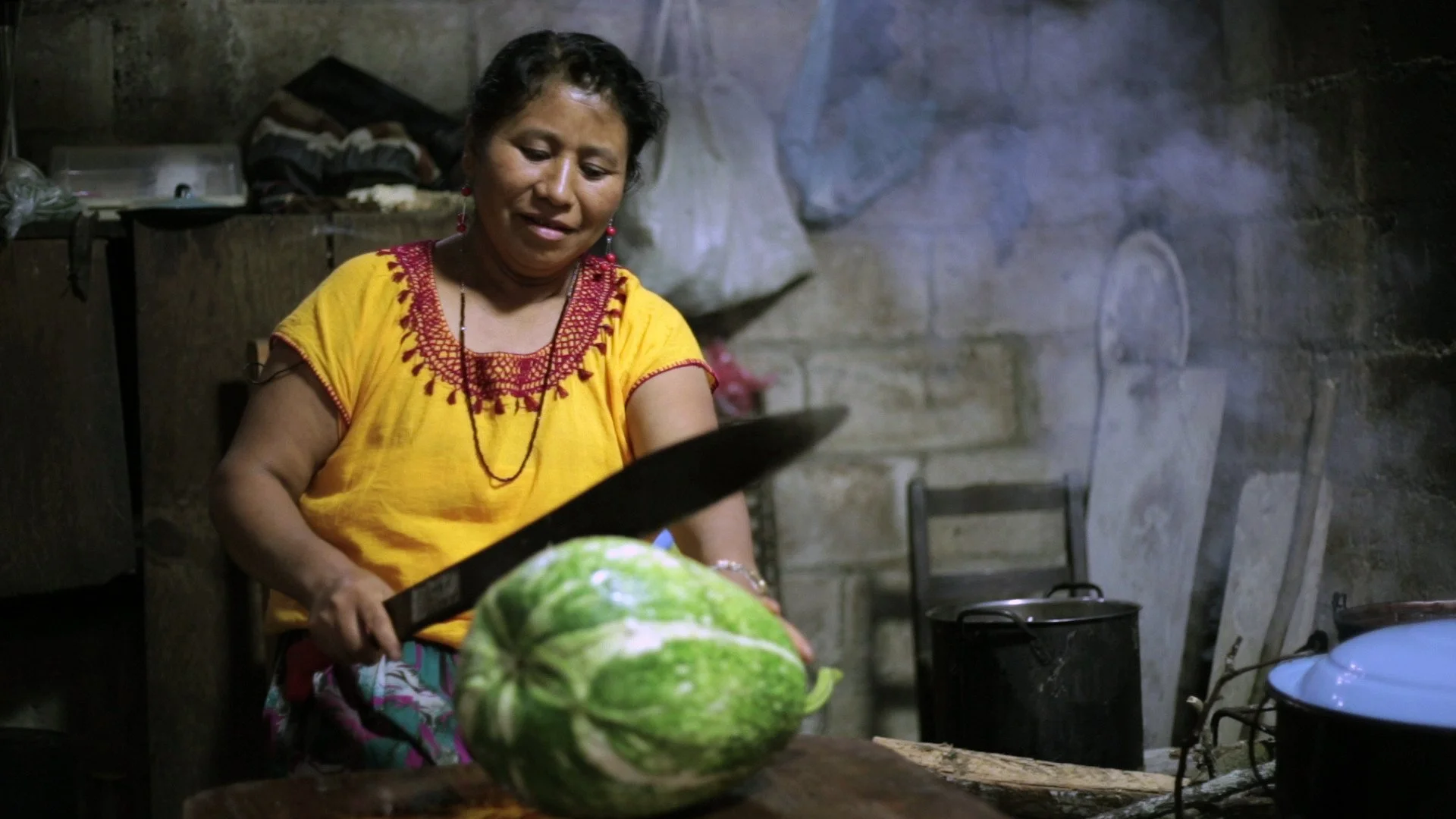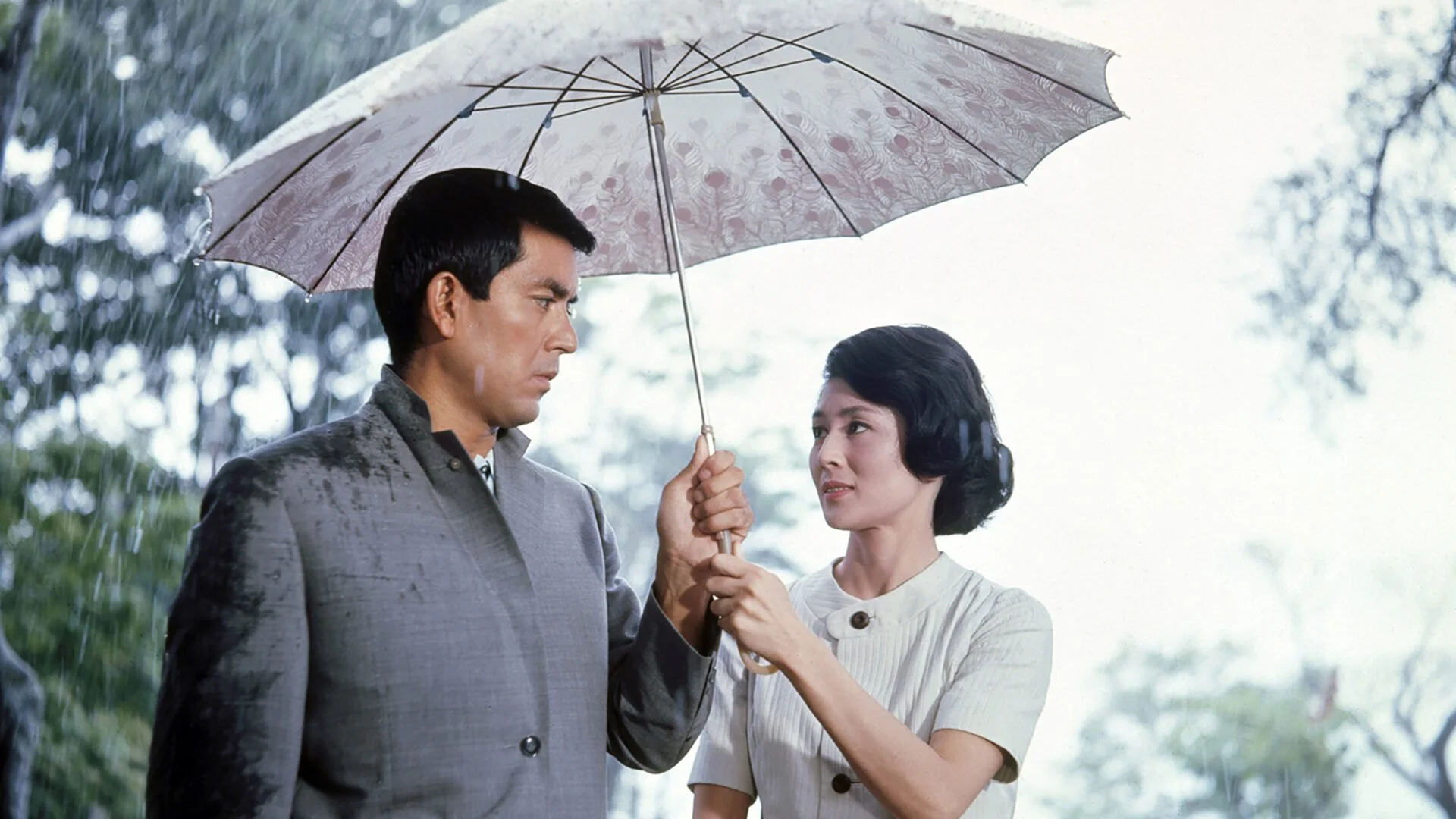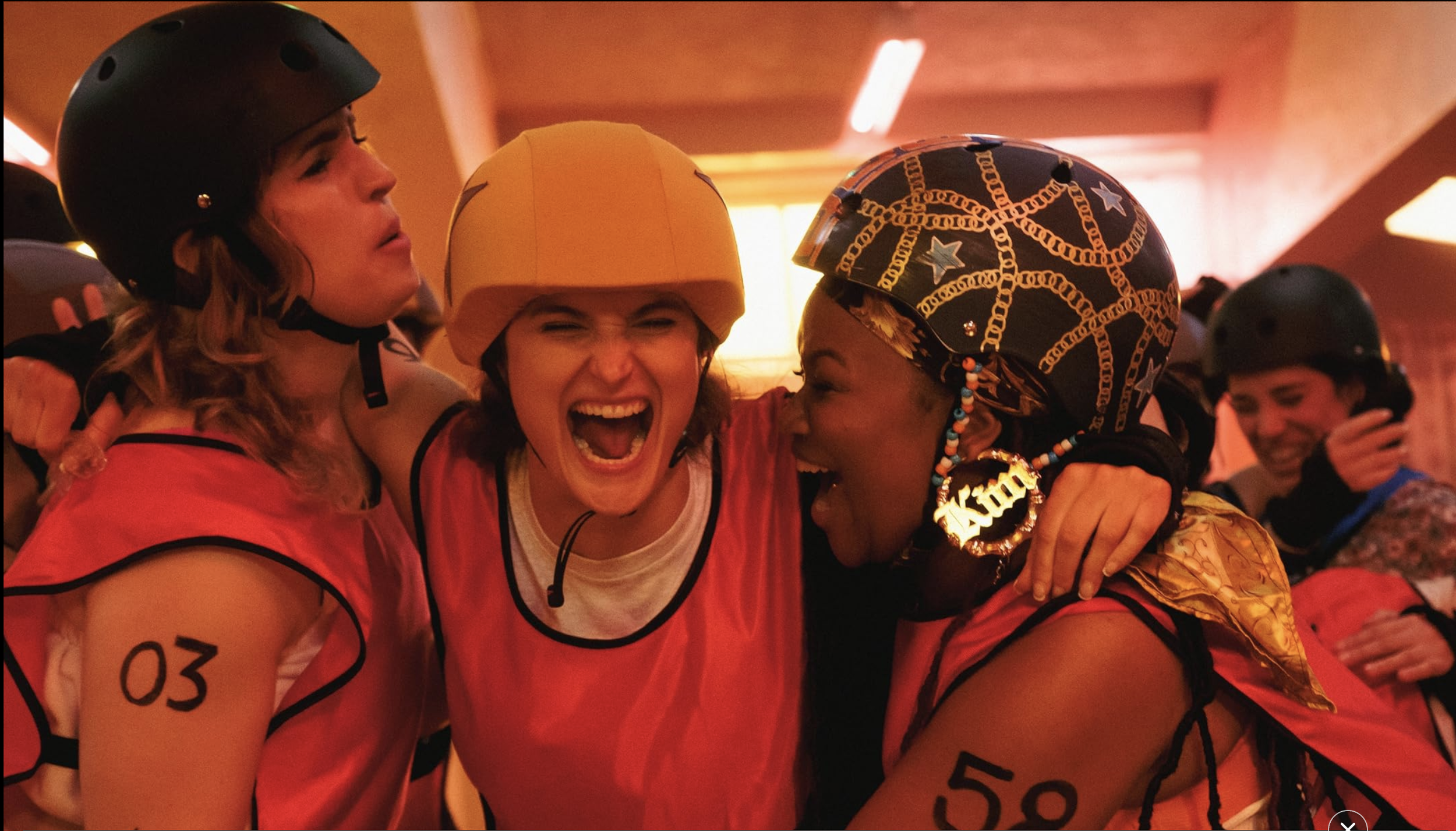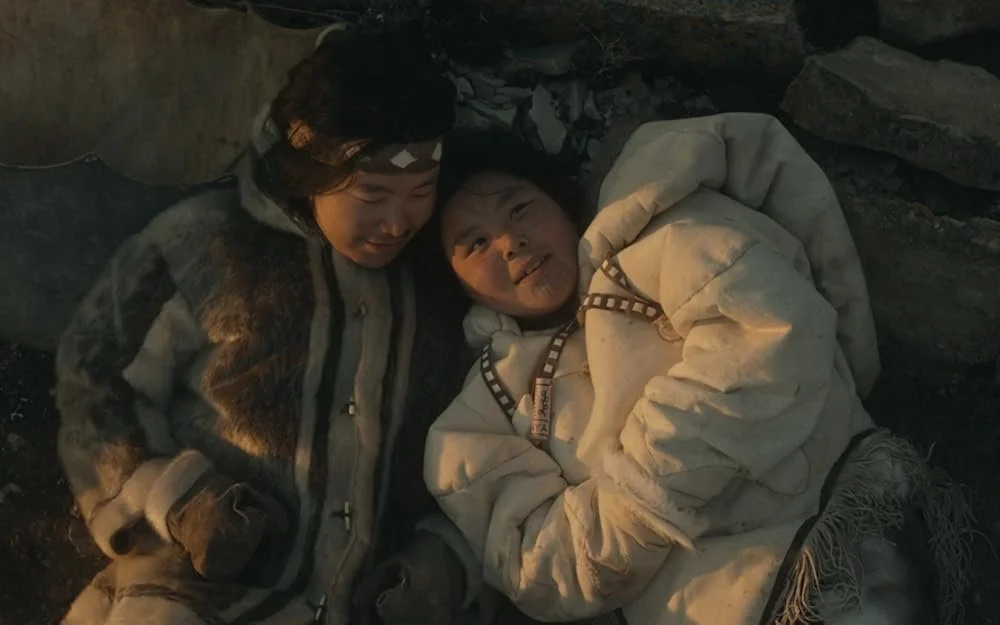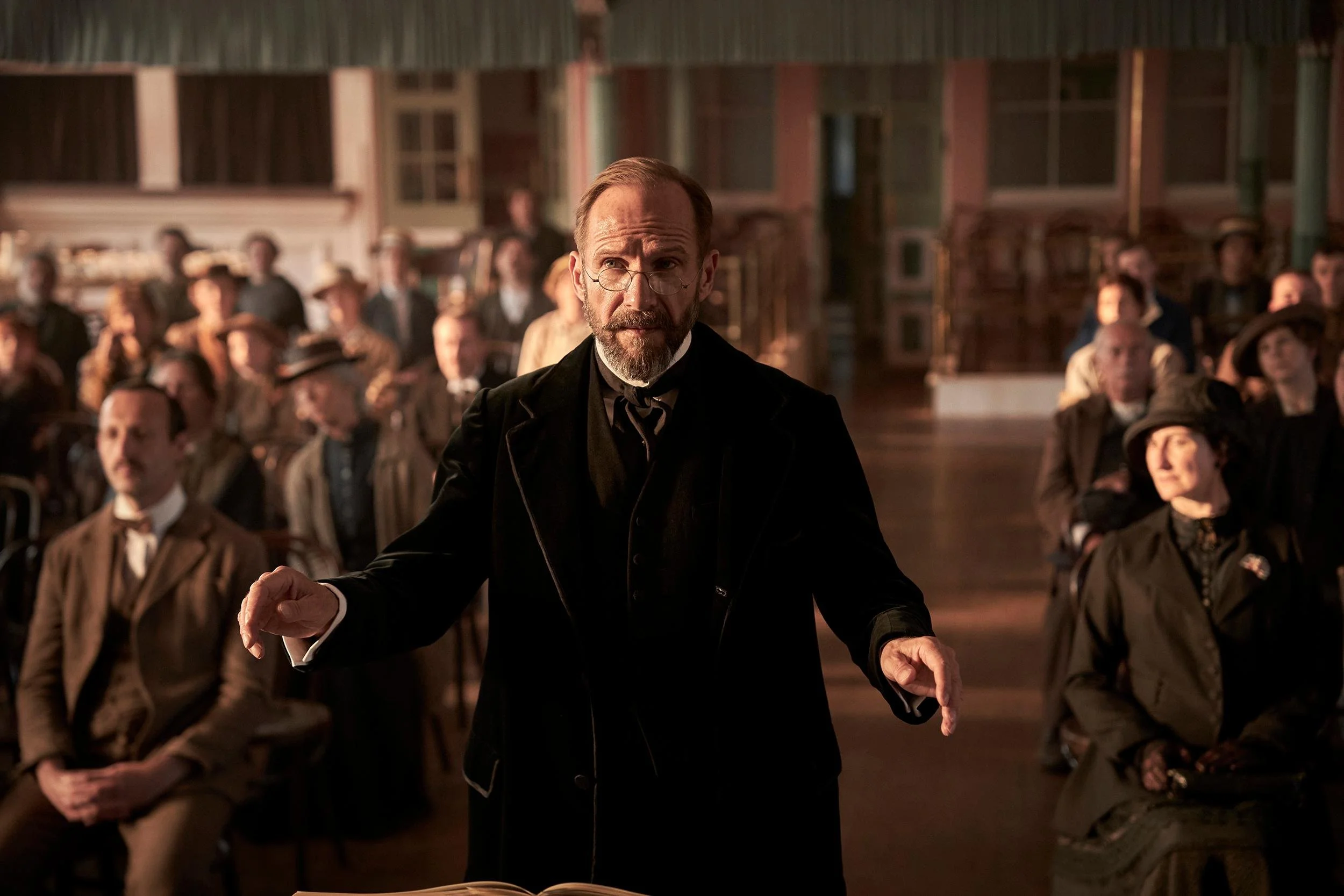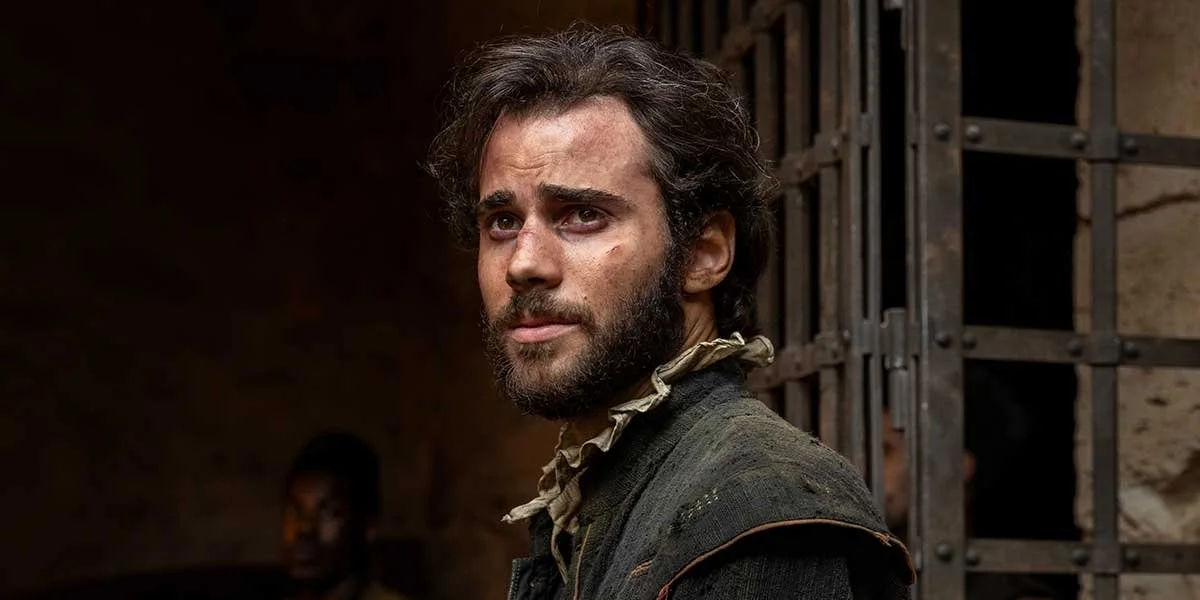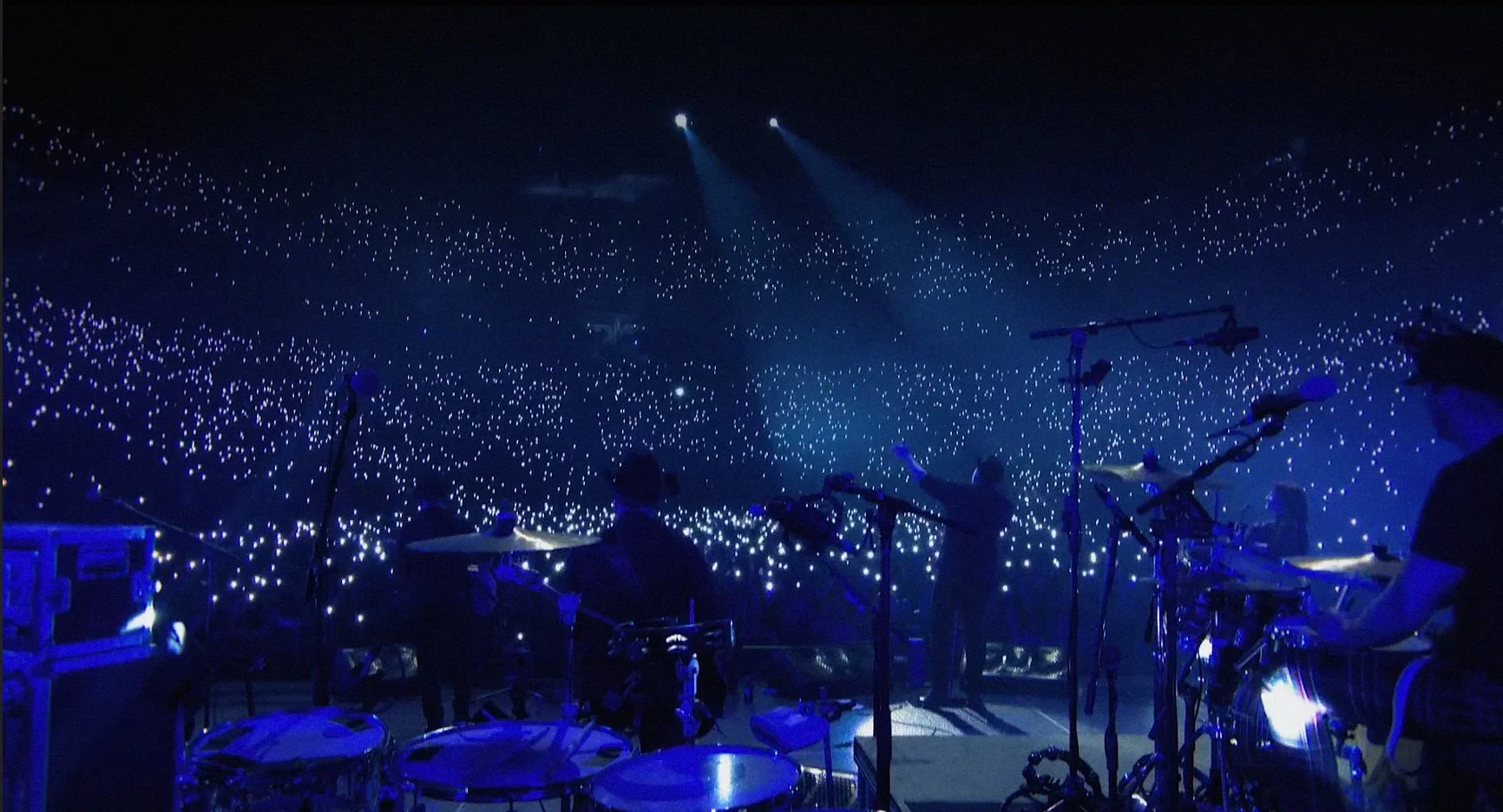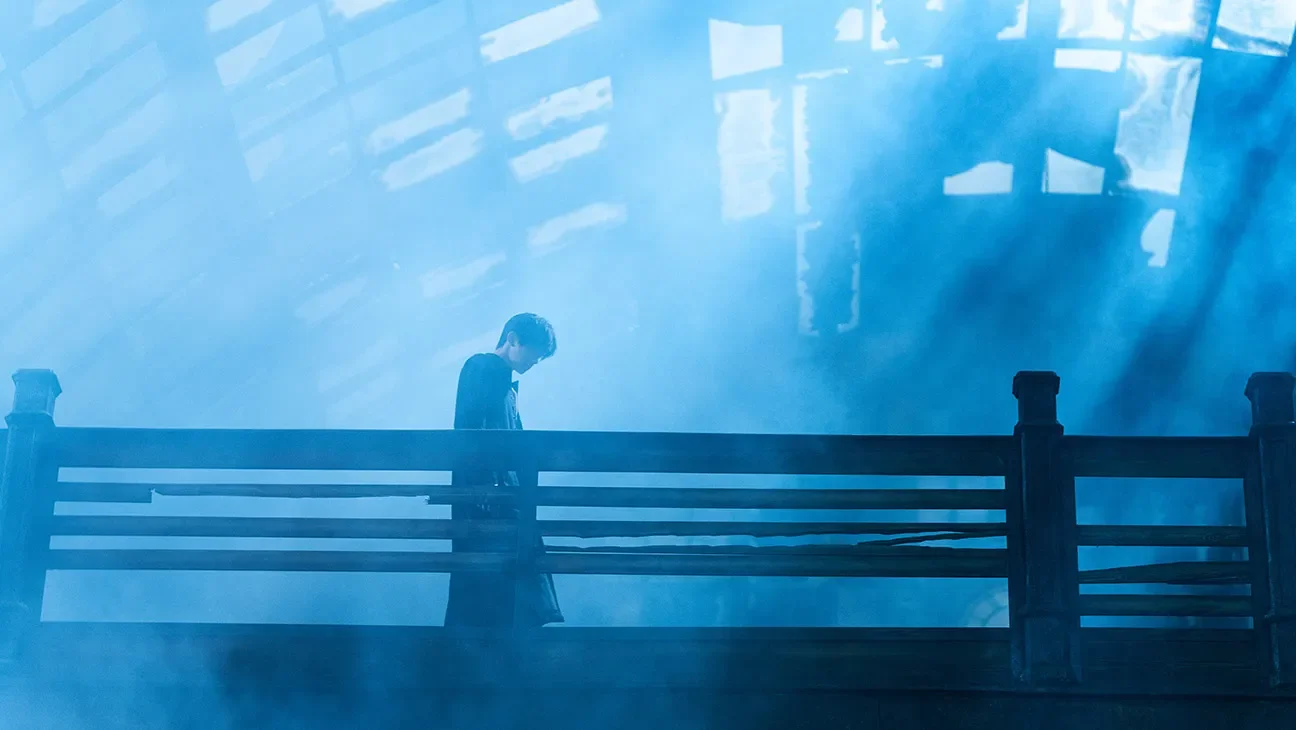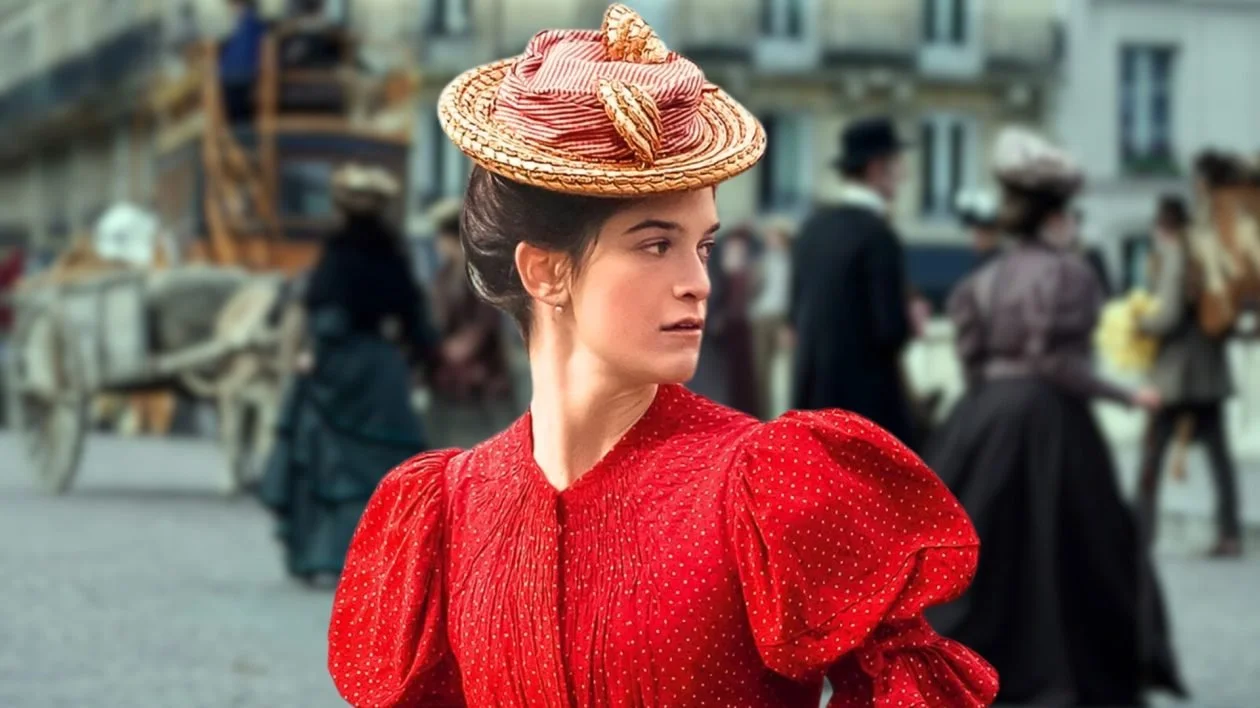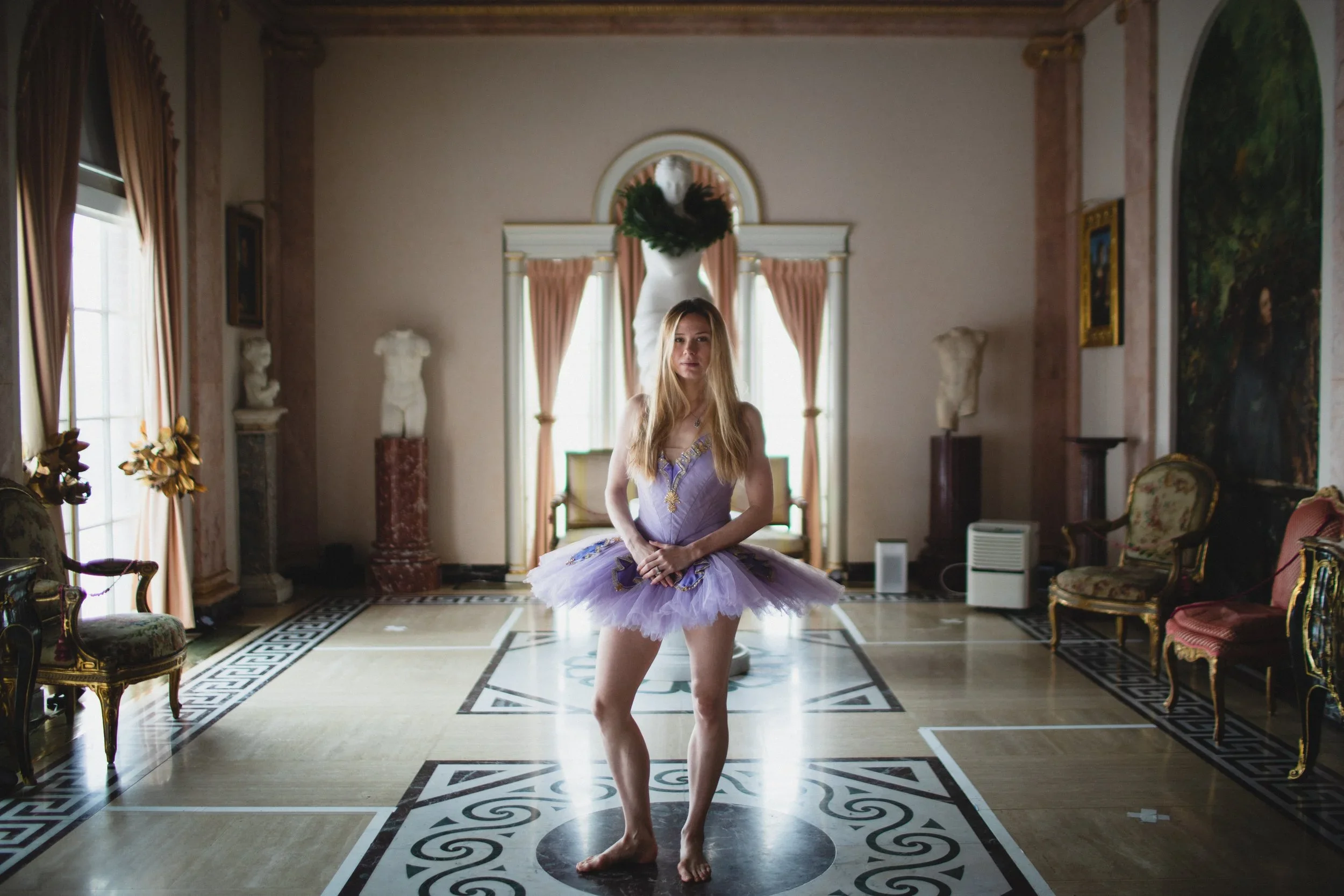Film reviews: Two deeply personal excavations of family at Vancouver Latin American Film Festival
It Runs in the Family artfully interweaves archival photos, interviews, animation, and more, while a Mexican-Tzotzil director makes amends with his Mamá
In It Runs in the Family, Dominican filmmaker Victoria Linares Villegas collages archival materials, re-enactments, interviews, animation, and more.
The Vancouver Latin American Film Festival presents It Runs in the Family on August 27 at 4:45 pm at The Cinematheque (with a Facebook Live with the director the same day at 11 am); and Mama on August 28 at The Cinematheque at 4:45 pm (with a Facebook Live talk with the director on August 26 at 11 am), with both running online from August 25 to September 4
TWO DEEPLY PERSONAL new documentaries at the Vancouver Latin American Film Festival peel away complex layers of family histories—one traversing revolutionary-era Caribbean, the other travelling deep into Mexico’s Chiapas region.
Young Dominican director Victoria Linares Villegas artfully interweaves archival photos, family interviews, animation, re-enactments, and beautifully composed still-life shots to retrace the “erased” life of her late (and much older) cousin Oscar Torres.
Facing repression from the Rafael “El Jefe” Trujillo dictatorship in the 1950s, he fled to Cuba and became a respected socialist filmmaker. But as Linares unearths more and more fragmented memories about him from her elderly relatives, she also digs into her own queer identity—one she refuses to have erased.
It Runs in the Family is also rich with footage of the Dominican Republic’s crumbling colonial architecture, and it’s overlaid with political speeches from the 1950s and 1960s (one Castro tirade against the “children of the bourgeoisie” who dress like Elvis is a reminder of the machismo and homophobia of the era). And so her collage-like film becomes a document of the turbulent history of the Latin American Caribbean as well—the figures from her cousin’s badly damaged black-and-white footage appearing like troubled ghosts from the past that still haunt the region today.
The film opens with home movies from Linares’s own childhood, where the tiny girl is laughing and flexing her muscles alongside her brothers—images we’ll see again and again as she explores her identity, and mirrors it with that of her cousin, who was also queer. Some of the most moving interviews are with her mother, a prim perfectionist carefully seated amid floral arrangements and butterfly wallpaper, talking about sacrificing herself for her children and still wishing more for her daughter.
Filmmaker Xun Sero’s mother goes about her domestic chores in Mamá.
Candid conversations with a mother are also the central driving force of Mexican-Tzotzil filmmaker Xun Sero’s quietly moving Mamá.
The documentary opens evocatively on an extended scene of a crackling fire heating an iron pot, a woman’s hands stoking the wood—a sight and sound that must feel familiar to Sero, who grew up with this kind of traditional kitchen in Chiapas. The sequence also establishes the domestic space and hard labour that so many Tzotzil women are relegated to.
Ever placid, a woman of few words, his mother slowly reveals her sad story to him. “The things that happen to you, son, are not always what you want,” she begins, in what turns out to be the ultimate understatement.
Sero openly discusses the derision he faced growing up as an “illegitimate” child of a single mother, and the blame and anger he directed at her. What he comes to see is the quiet courageousness of a woman who refused to be forced into a childhood marriage, and who faced her community’s extreme shame, and her father’s violent wrath, after a sexual assault. Expressed over tortilla-making and rabbit-skinning, the story is deeply moving—mostly because you can sense her son’s view of his entire life, and his relationship with his mother, shifting poignantly through the act of talking and filmmaking.
Like It Runs in the Family, Mamá is also very much about a place. When he’s in the cities of Chiapas, Sero’s camera lingers on women—selling squash on the street, nursing children on a street corner, rolling cleaning carts into dirty hotel rooms. But he also immerses us in the remote countryside where he grew up—amid the mist floating over lush green mountains, the crickets and birds filling the thick humid air, the crackle of corn being separated to make tortilla flour. Those impressionistic images and sounds hold an almost magical beauty that starkly contrasts the oppression and violence—and the very real threat of murder—that women face behind closed doors.
Those conflicting realities imbue the whole film with a tension and complexity that defy easy moralization or judgment. But like Sero, you’ll come to regard this calm, soft-spoken woman in embroidered blouses and neatly rolled hair with awe and admiration.


